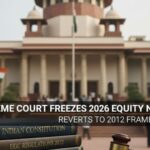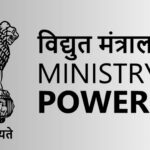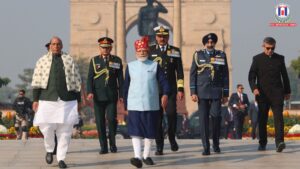
In a significant policy shift, US Secretary of State Marco Rubio has instructed American embassies and consulates worldwide to stop scheduling new visa interviews for international student applicants, according to sources familiar with the matter. The move comes as the Trump administration explores an expansion of its social media vetting procedures, signaling a tougher stance on foreign students entering the United States.
The new directive is expected to apply more broadly than previous measures, and could drastically curtail the number of international students seeking admission to American educational institutions. Officials indicate that the enhanced screening process will place increased emphasis on students’ digital footprints, including their activity on platforms like Facebook, Instagram, Twitter (X), and TikTok, among others. The administration claims the changes are intended to strengthen national security, but critics argue they could have far-reaching consequences on academic exchange and diplomatic relations.
This development follows a controversial decision earlier this year when the Trump administration moved to bar Harvard University from enrolling international students. The decision drew sharp criticism from educational institutions, scholars, and legal experts. In a strongly worded response, Harvard University condemned the policy as “unlawful and unwarranted,” stating that it “imperils the futures of thousands of students and scholars” who contribute significantly to the academic and cultural environment of the United States.
Harvard’s statement emphasized that international students are a vital part of the university community and warned that this policy could damage the global reputation of the US higher education system. University officials also expressed concern that the restrictions would undermine years of effort in building global partnerships and attracting the best minds from around the world.
Immigration and civil rights advocates have raised alarms about the privacy implications of expanded social media vetting, calling it a form of digital surveillance that could result in discriminatory decision-making. Several organizations are reportedly preparing legal challenges against the new measures, arguing they lack transparency and due process.
The suspension of student visa interviews and the proposed intensification of social media scrutiny may discourage international students from applying to US institutions altogether. As the global academic community watches closely, experts warn that these decisions could reshape international education dynamics, with students seeking alternative destinations in countries with more open immigration policies.


















No Comments: